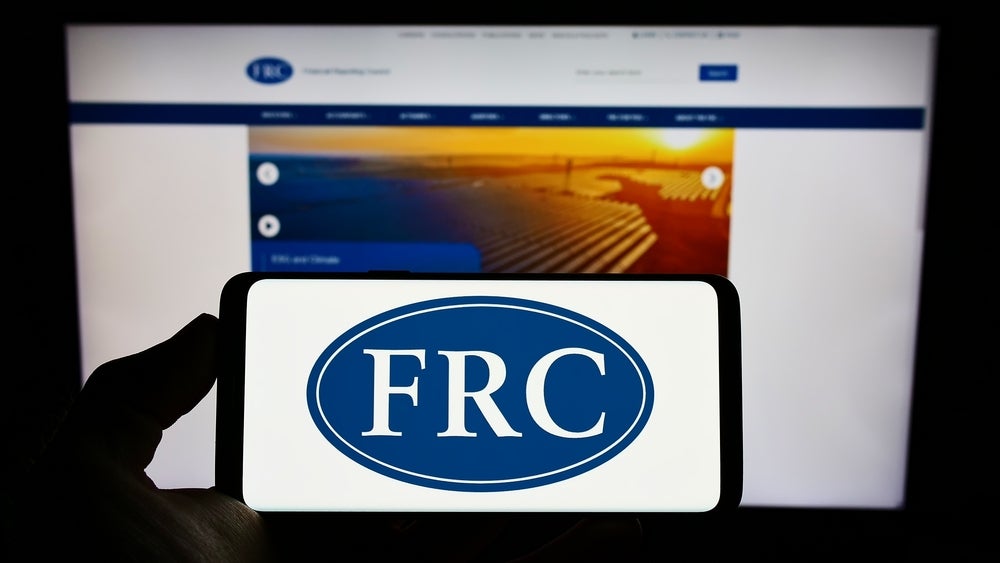Ask a Turkish firm leader when they
believe the Turkish Commercial Code (TCC) will be implemented and
you are likely to receive a different response every time.
Uncertainty is rife over the most important
piece of legislation for Turkey’s audit profession in a
generation.
If implemented, the code could increase the
audit marketplace from about 1,000 companies well into the 10,000s
– with about 40 to 50 firms that have the capability and capacity
to serve companies bound by the new commercial code
requirements.
The TCC would also bring more coherence to
Turkey’s fractured auditing and accounting requirements and align
Turkish regulations with the EU.
The draft code, which took five years to
develop, was released in 2008 but there has been little progress
since.
In a 2009 survey of the Turkish accounting
profession by the International Accounting Bulletin firm
leaders were optimistic the code could find a passage through
parliament in one or two years.
How well do you really know your competitors?
Access the most comprehensive Company Profiles on the market, powered by GlobalData. Save hours of research. Gain competitive edge.

Thank you!
Your download email will arrive shortly
Not ready to buy yet? Download a free sample
We are confident about the unique quality of our Company Profiles. However, we want you to make the most beneficial decision for your business, so we offer a free sample that you can download by submitting the below form
By GlobalDataA year later, there has been virtually no
progress due to political instability.
“I think no one in Turkey – not even the prime
minister and the president – has any idea of when to implement the
new code,” Baker Tilly Güreli senior manager Sinan Güreli said.
Grant Thornton Turkey, the largest audit firm
outside of the Big Four, is well placed to take advantage of a
flood of new business should the code come into force.
Chairman Aykut Halit said the delays have come
about because the government is currently busy in court trying to
change Turkey’s constitution, following a foiled coup attempt by
disgruntled ex-military generals.
This has meant that certain legislation, such
as the TCC, has fallen down the pecking order in terms of
priority.
“There probably will be elections in 2011, so
this will have to be discussed in Parliament,” Halit explained.
“So, you are looking at least another year
until 2012, and once it is law they will probably put in another
year’s notice period.”
Other mid-tier leaders are more optimistic but none believe the
legislation can be pushed through before 2011.
The Turkish Commercial Code will be
revolutionary for Turkey’s audit profession as it will require a
larger number of companies to prepare financial statements in
accordance with IFRS and have these audited by external firms.
Although a threshold for the new rules has not
been set, industry sources have suggested the code could apply to
companies with assets exceeding TRY6m ($3.9m), a turnover of TRY12m
or a payroll of 50 employees or more.
Firm leaders estimate the new statutory audit
rules could apply to anywhere between 20,000 to 50,000
companies.






